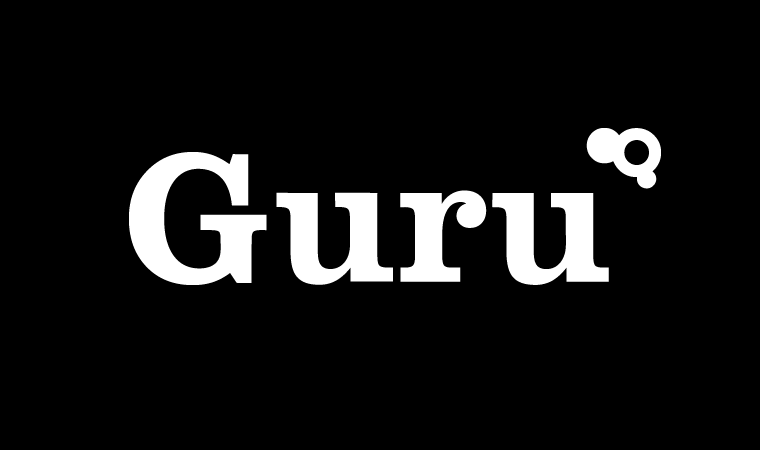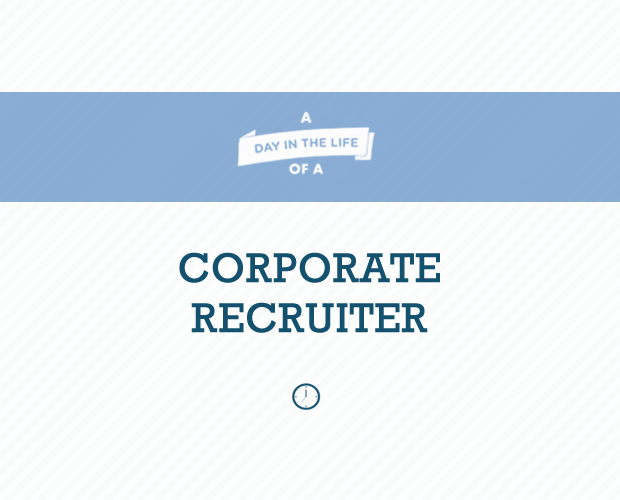Expedia’s Senior EMEA Recruiter – Margaret Buj (she knows a thing or two you know) – gives us the lowdown on what an average in-house/corporate recruiter day entails…
When I open my Outlook in the morning,
I’m sure to see two things consistently – an inbox full of mail from candidates and managers and calendar reminders that look something like a ‘to-do’ list.
In any given day I will complete a number of tasks. I will meet with the hiring managers to discuss specific openings and needs; I will source and interview candidates, negotiate salaries and make offers.
A typical day in my world is working on 10-20 positions at any given time, with all being in various stages of the process. One may be new and on others I may have submitted résumés and am waiting for feedback. Also, I have to review the résumés that may come in from Expedia’s website and LinkedIn.
We receive a lot of applications each day.
I’ve received 176 applications for a Finance Director role a few months ago, but some of our roles are so niche that we only receive several applications throughout the process and I have to source the rest of the candidates myself. You hope all candidates who read a job description would pay attention to the minimum qualifications before clicking the ‘Apply Now’ button. This is not always the case and I always receive lots of applications of candidates who have zero or hardly any relevant experience for a specific position.
Therefore, a good portion of time is spent reviewing applications that are either not qualified for the position applied for or potentially qualified for another opportunity in the company.
It is not uncommon for only about 10-20% of applications to be suitable for the position.
I do use LinkedIn to conduct searches. I not only find specific people with a certain skill set, but I ask other people in my network who they know. My network is online but also every candidate I have had a meaningful conversation with. Of course employee referrals are a great source, too.
As I speak to each candidate, we can quickly ascertain whether what Expedia has to offer to them will fit their needs. It is a two way street. Yes in these economic times candidates may be more flexible, but we want to hire smart, motivated, talented people who want to work for us. It’s not only about skills – also about specific role, location, the team, salary, benefits etc.
Each of us puts different weight on every item. This means I might have to talk to 10 or 20 or even more people to find one or two really good people who will work within our culture.
Once I have completed a phone interview and we both feel comfortable we should move ahead, we arrange interviews with the hiring managers followed by final interviews with several other Managers or peers – typically a candidate will have 3-5 interviews for the position.
In terms of challenges…
One hiring manager may give you a vague description of his ideal candidate while another may be extremely precise in what skill set he or she is looking for. Combine that with the word “fit” and are left with either a loose or tight set of search parameters which sometimes makes finding candidates very difficult.
I might add that it is not exactly a hiring manager’s concern of how difficult said candidate may be to find, much less recruit away from their current company. Hiring Managers normally want candidates NOW, but it can take some time to find and interview the suitable candidates who are then often on a 3-month notice period.
In an ideal world, the candidate is a perfect fit and the hire process runs as smooth as silk. Unfortunately, this is not an ideal world so many times, even after the final interview, you need to start the process from scratch.
So why do I do it?
For one, helping people progress in their career is a wholly satisfying experience. Secondly, helping my organization grow by finding the best and brightest brings a sense of personal satisfaction. Being able to directly impact a company’s success by ensuring the right people are in place is an opportunity few other careers offer.
Finally,
The challenge of reworking your strategy and game plan in an ever-changing environment means that I rarely have the same work day twice. When I then meet some of our new hires, who love working for Expedia, I do feel a sense of satisfaction that I played a key role in getting of them to work for us.”

